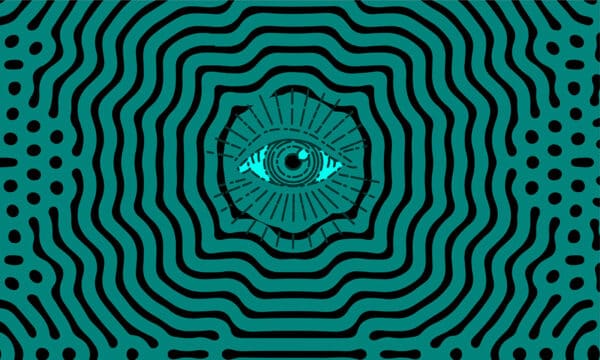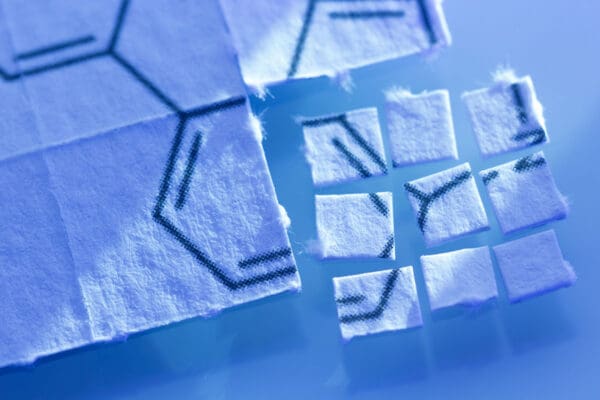If you’re a beginner looking to explore the world of psychedelic-assisted therapy, then you might have come across the medicine known as LSD. LSD, or lysergic acid diethylamide, is a powerful hallucinogenic drug that has been used to treat various mental health conditions, such as anxiety, addiction, and depression. But before you dive into the world of LSD, it’s essential to understand what it is, how it works, and its potential benefits and risks. In this beginner’s guide to LSD, we’ll cover everything you need to know about this powerful psychedelic medicine.
What is LSD?
How Does LSD Work?
Potential Benefits of LSD-Assisted Therapy
Risks and Side Effects of LSD
What to Expect During an LSD Experience
How to Prepare for an LSD Experience
LSD Dosage and Administration
FAQs
A: No, LSD is not addictive, and individuals using it do not typically experience withdrawal symptoms.
Q: Can LSD cause permanent damage to the brain?
A: There is no evidence to suggest that LSD causes permanent damage to the brain. However, prolonged use of LSD can lead to persistent changes in perception and mood.
Q: Is LSD legal?
A: LSD is a Schedule I controlled substance in the United States, meaning that it is illegal to manufacture, distribute, or possess.
Q: Can LSD be used for spiritual purposes?
A: Yes, LSD has been used in spiritual and religious settings, such as the Native American Church.
Q: Can LSD be detected in drug tests?
A: Yes, LSD can be detected in drug tests, but it is not typically included.
References
Drug Enforcement Administration. (2021). Drug scheduling. https://www.dea.gov/drug-scheduling
Drug Enforcement Administration. (2020). Drug fact sheet: LSD. https://www.dea.gov/sites/default/files/2020-06/LSD-2020.pdf
Grob, C. S., Danforth, A. L., Chopra, G. S., Hagerty, M., McKay, C. R., Halberstadt, A. L., & Greer, G. R. (2011). Pilot study of psilocybin treatment for anxiety in patients with advanced-stage cancer. Archives of General Psychiatry, 68(1), 71-78. https://doi.org/10.1001/archgenpsychiatry.2010.116
Griffiths, R. R., Johnson, M. W., Richards, W. A., Richards, B. D., Jesse, R., MacLean, K. A., Barrett, F. S., & Cosimano, M. P. (2018). Psilocybin-occasioned mystical-type experience in combination with meditation and other spiritual practices produces enduring positive changes in psychological functioning and in trait measures of prosocial attitudes and behaviors. Journal of Psychopharmacology, 32(1), 49-69. https://doi.org/10.1177/0269881117731279
Halberstadt, A. L., & Geyer, M. A. (2018). Multiple receptors contribute to the behavioral effects of indoleamine hallucinogens. Neuropharmacology, 142, 68-74. https://doi.org/10.1016/j.neuropharm.2018.07.016
Johnson, M. W., Richards, W. A., & Griffiths, R. R. (2008). Human hallucinogen research: Guidelines for safety. Journal of Psychopharmacology, 22(6), 603-620. https://doi.org/10.1177/0269881108093587
National Institute on Drug Abuse. (2020). Hallucinogens. https://www.drugabuse.gov/drug-topics/hallucinogens
Quest Diagnostics. (2021). Drug testing FAQs. https://www.questdiagnostics.com/home/companies/employer/drug-screening/drug-testing-faqs/
United Nations Office on Drugs and Crime. (2014). World Drug Report 2014. https://www.unodc.org/documents/wdr2014/World_Drug_Report_2014_web.pdf
United States Department of Justice. (2021). Drug Enforcement Administration. https://www.justice.gov/agencies/dea








